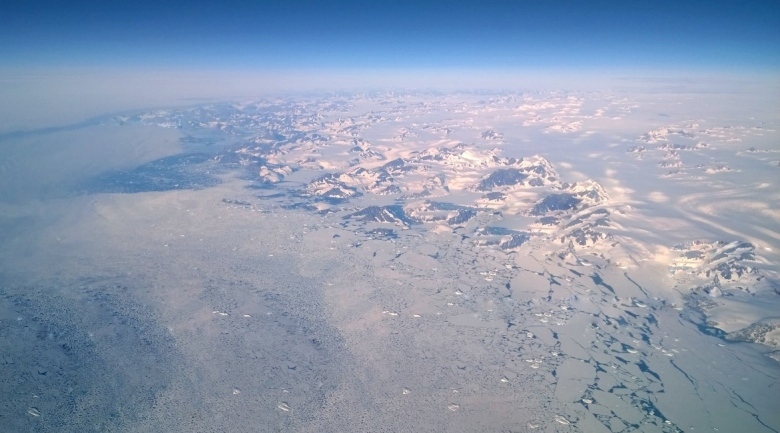
Microscopic organisms that float in the oceans may be helping our planet against the effects of climate change by keeping it cool, a new study suggests. According to the researchers who conducted the study, plankton can help with cloud formation and helps sunlight reach space, thus cooling Earth.
The new research was conducted by a team of scientists from the University of Washington in collaboration with Pacific Northwest National Laboratory. The researchers believe that the microscopic organisms that drift in the oceans can produce organic matter and airborne gases that can trigger cloud droplets. This leads to brighter clouds and more sunlight gets reflected.
The scientists wrote a paper in which they wrote about their findings and published it last week in the journal Science Advances. According to the paper, the scientists studied the Southern Ocean region which covers latitudes between 35 degrees and 55 degrees south. By analyzing this area, the researchers said they found some pretty interesting information about the current climate conditions of our planet.
Their findings revealed that the increased brightness reflects approximately 4W of solar energy per square meter on a yearly average. Daniel McCoy, expert in atmospheric sciences, and one of the lead authors of the study, explained that the plankton blooms help the clouds which form over the Southern Ocean reflect more sunlight during the summer season. McCoy added that the plankton helps the clouds create twice as many droplets than they would normally produce if the oceans didn’t have any microscopic organisms living in them.
According to the researchers, they decided to analyze the Southern Ocean mainly because ocean live in other parts of the planet are obstructed by aerosols created by forests or heavy pollution. That’s why it would have been far more difficult for them to study and measure things in the Northern Hemisphere.
